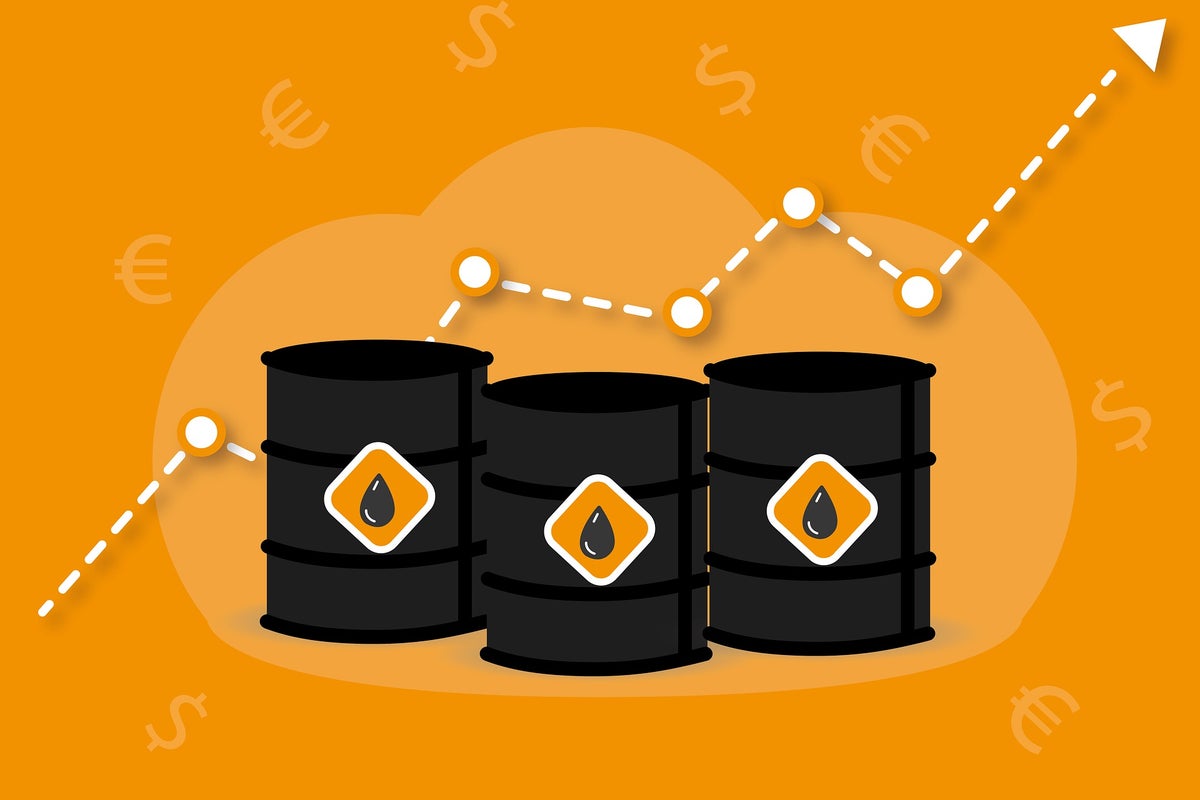[ad_1]
The OPEC+ coalition announced a 2 million barrel per day reduction in oil output on Wednesday.
This reduction could reverse weeks of declining oil and gas prices, according to Reuters, despite the U.S.’s lobbying to retain current quotas.
The U.S. had promised to buy 200 million barrels from OPEC members to restock its strategic petroleum reserve.
See Also: Russian Gas Firm Gazprom Resumes Gas Deliveries To Italy Via Austria
The conference of the 24 OPEC+ oil-producing nations, which includes Russia, takes place while a large portion of the world already struggles with skyrocketing energy prices.
A supply reduction would also increase the already rocky relationship between the U.S. and Saudi Arabia, where President Joe Biden has been attempting to control gas prices ahead of the midterm elections.
OPEC+, formed in 2016, includes the 13 Organization of Petroleum Exporting Countries members and 11 other non-OPEC members.
It’s unclear how much of a price increase the supply cut would cause, though, Tuesday’s increase in oil prices was due to the news of the proposed decrease in production.
The action is viewed as a bid by the coalition to support prices, which had risen as high as $120 per barrel earlier in the year, but started to decline due to worries of declining growth in the global economy. WTI crude oil was up half a percentage point on Wednesday, trading back above $86 a barrel.
The group last reduced oil output in May 2020, during a period of sharply falling demand brought on by the early stages of the Covid-19 pandemic.
It has gradually increased production ever since. OPEC changed course and removed 100,000 barrels from the market last month in an effort to save prices. That is one-twentieth of the Wednesday OPEC+ announcement.
The action could be interpreted as a criticism to Biden, who failed to get Saudi Arabia to increase production over the summer.
See Also: UN Says The Fed Can Stop Global Recession, But It Needs To Do This
The sharp decrease in oil production may also benefit Russia — a loose member of OPEC+. Energy profits, which are increasingly crucial to its “special military operation” in Ukraine, underpin its economy. Russia’s production hasn’t significantly decreased despite the sanctions.
[ad_2]
Image and article originally from www.benzinga.com. Read the original article here.

